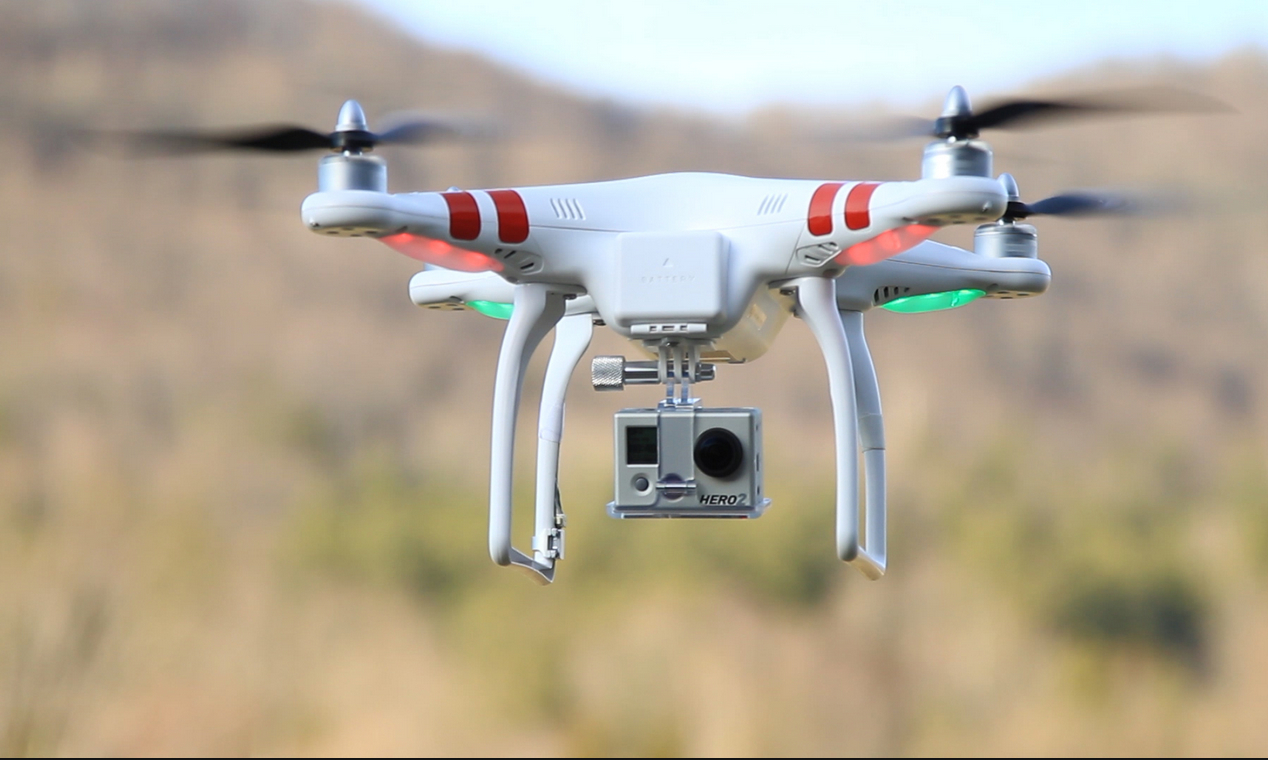
Agricultural News
FAA Mandating All Small Drones Must Be Registered, Starting December 21st
Mon, 14 Dec 2015 15:57:09 CST
 The Federal Aviation Administration today announced that recreational users of unmanned aerial systems (UAS), or drones, must register their systems with the federal government via a new website, which goes live Monday, Dec. 21.
The Federal Aviation Administration today announced that recreational users of unmanned aerial systems (UAS), or drones, must register their systems with the federal government via a new website, which goes live Monday, Dec. 21.
"Unmanned aerial systems can make farms safer, more efficient, and more environmentally friendly - and that helps everyone," said Maryland farmer Chip Bowling, president of National Corn Growers Association. "If you're stuffing a stocking with a hobby drone this holiday, take advantage of the free registration window and get it registered."
Anyone using a hobby UAS that weighs from 0.55 pounds up to 55 pounds is required to register as a UAS operator. Operators who purchased a UAS prior to Dec. 21 must register by Feb. 19. Anyone who purchase a UAS after Dec. 21 must register before they first fly outdoors. Drone registration will cost $5 per operator; however, the registration fee will be waived for the first 30 days.
"My message to unmanned aircraft operators is simple: It is in your best interest to register early," said Transportation Secretary Anthony Foxx.
Operators who complete the registration process will receive a printable certificate with a registration number. That registration number must be placed on each UAS. Each UAS operator must have his or her own registration number, but it can be applied to an unlimited number of systems. The registration is valid for 3 years.
Bowling urged the FAA to continue its work integrating UAS into the national airspace, beginning with finalizing the small UAS rule.
"UAS have important applications for agriculture, and we need rules and regulations that will put this technology in farmers' hands. The National Corn Growers Association has taken a leadership role on this issue from the beginning, working with the UAS industry, federal regulators, and others to find a way forward. Let's continue to work together on common-sense rules that create a culture of safety and responsibility, while ensuring farmers have the access, tools, and training to take full advantage of UAS technology," said Bowling.
The Association for Unmanned Vehicle Systems International estimates that agriculture will account for as much as 80 percent of all commercial UAS use. Applications of unmanned aerial systems include crop scouting; early detection of pest infestations and crop disease; more precise application of fertilizers and other crop inputs; and reducing the need for humans in potentially dangerous tasks.
WebReadyTM Powered by WireReady® NSI
Top Agricultural News
More Headlines...




















